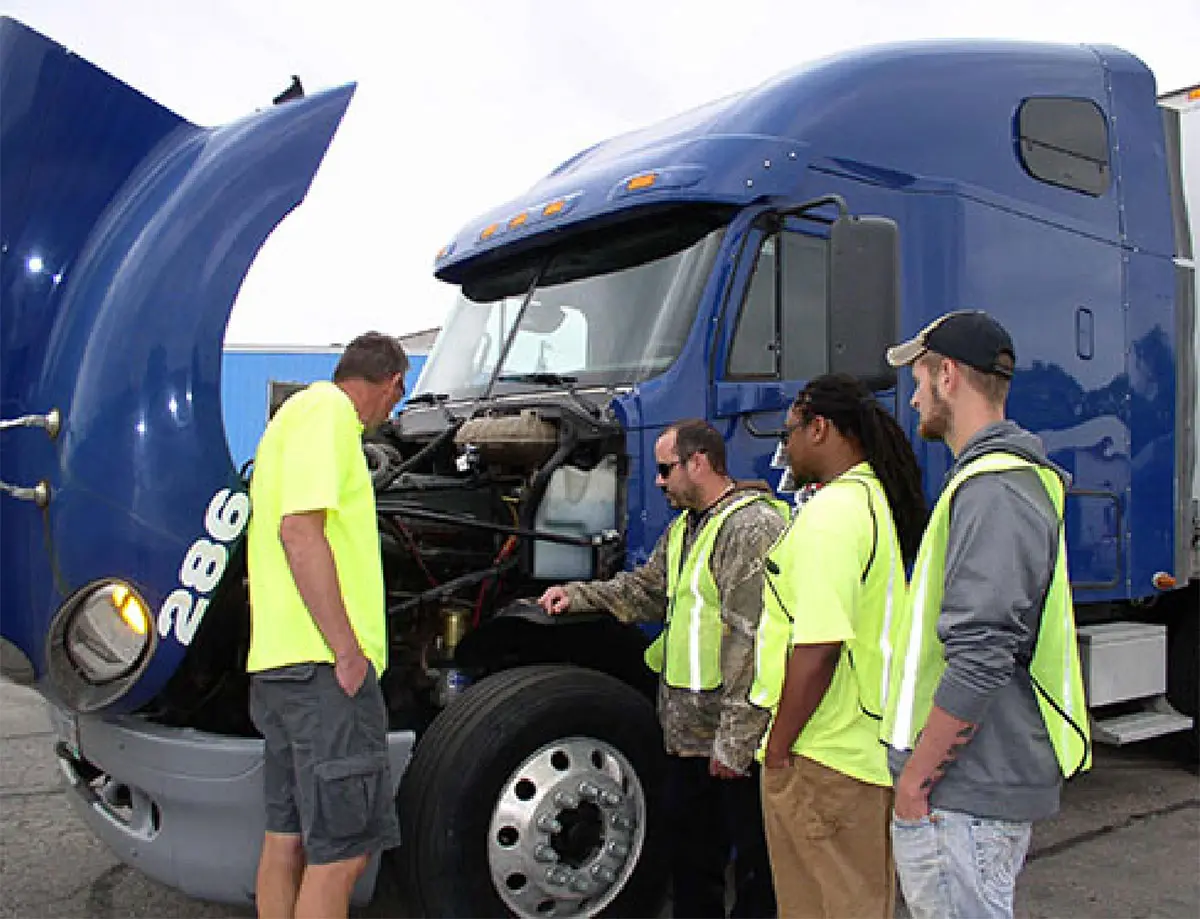Instructor Certification Program (ICP)
Overview
Instructors are the most valued members of our training community. Good instructors are hard to find and keeping them is a priority for any school or motor carrier. While all Instructors may be good drivers, they may not have the skills to be the best teachers. This is why CVTA has partnered with Pearson, a world recognized leader in education, to offer two distinct Instructor Certification Programs (ICP) to train, retain, and certify School Instructors and Motor Carrier Trainers.
“The ICP program has helped me greatly in identifying strengths, weaknesses, and learning styles of different students. I have utilized a lot of the scenario-based training techniques found within the program, particularly issues that come with those weaknesses.
I feel the ICP has provided me with the skills needed to succeed in this profession.”
– Aaron Piper, Instructor, JTL Truck Driver Training (Omaha, NE)
Program Details
CVTA is committed to helping you certify and retain the instructors who will make your drivers the best educators they can be. Instructors are the lifeblood of our member schools and extremely valuable to producing quality trained drivers. Powered by Pearson, CVTA’s School Instructor and Motor Carrier Trainer Certification Programs utilizes a self-paced, online education platform to train commercial drivers to become instructors. This makes the driver extremely valuable in an industry that desperately needs good drivers and instructors.
ICP Value to School/Employer:
- Affordable, flexible
- Easy to implement
- Practical tips, solid theory
- Targets instructional skills
ICP Value to School/Trainers:
- Builds confidence
- Transfer skills from course to class
- Connects theory to real world
- Manageable, convenient
- Engaging, fast moving
- Self-paced program for all users
- Many tips to use immediately

CVTA’s Instructor Certification Programs include:
- Access via cellphone, tablet, laptop or desktop computers
- Easy setup and ability to track users progress
- Recognition through certificates, patches, and plaques
- Self-paced, online access to training materials and tests
- Training how to best manage a variety of classroom and teaching situations
- Tips, theory, and real-world exercises to help instructors reach and teach students
Each lesson within a course ends with a quiz. The number of lessons in each course varies, and each ends with a comprehensive exam. Following the completion of a level, a certificate will be provided. Should Instructors prefer print materials, all course content can be printed via PDF, but all tests and quizzes must be completed online.
What program is right for me?
School Instructor Certification Program:
If you are teaching Pre-CDL students at a school, the courses in this program are specifically designed and arranged to improve the Instructor’s skills needed to teach students. For example, our Basic Instructor Level teaches critical skills that establish the foundation for Instructors to be immediately effective. The successive levels build upon this foundation and are intended for Instructors to build upon their skill development as they develop as Instructors.
Motor Carrier Trainer Certification Program:
This Certification Program is designed to help Trainers, who are mentoring newly licensed CDL holders, at the fleet level. While the goals of the program are designed to improve a Trainer’s teaching ability, the nature of the Trainer’s relationship to the employee-driver is different than a school instructor’s relationship to a student. This is why the courses and content selected for this program are different.
